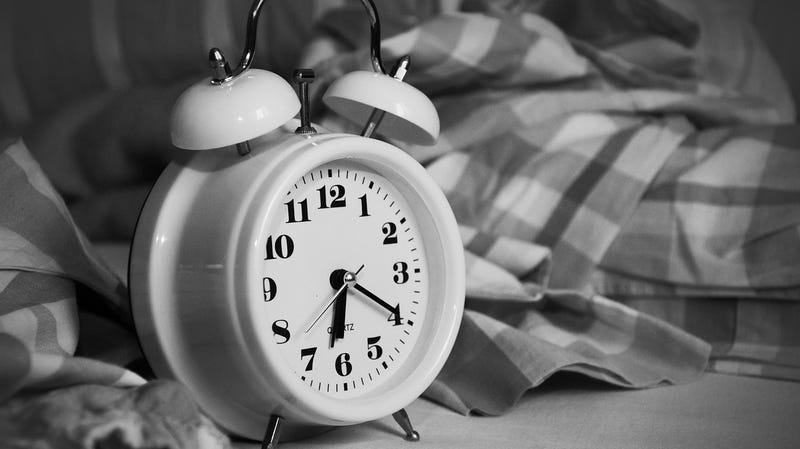 Image: congerdesign (Pixabay)
Image: congerdesign (Pixabay)
Here’s some refreshing good news, courtesy of a new study released last week in Science Advances. Teens in Seattle got more sleep, were less tardy, and even did better in class after schools across the area delayed their start times by about an hour.
While many people deal with chronic sleep deprivation, kids and teens are especially likely to suffer from too little sleep. For years, public health researchers, including at the Centers for Disease Control and Prevention, have touted the potential benefits of delaying school start times as a way to help kids sleep in more. But few schools have adopted any time changes so far, leaving us with little to no concrete evidence that the policy could actually work.
Beginning with the 2016-17 school year, however, the Seattle school district decided to take the plunge. Its secondary schools had their start times moved from 7:50 a.m. to 8:45 a.m. That planned move gave the researchers behind the study the perfect chance to conduct a simple natural experiment.
In both the spring of 2016 (before the time change) and 2017 (after the change), they recruited more than 100 sophomores from two schools taking the same morning biology class. For two weeks, at the same time of the year, the students were outfitted with wrist wearables that could track their sleep patterns, while they wrote down their sleeping habits in a journal. The researchers also kept track of the students’ grades and performance in the class that semester.
The researchers found that the 2017 sophomores got a median extra 34 minutes of sleep every day compared to the 2016 students, going from 6 hours and 50 minutes of sleep a night to 7 hours and 24 minutes. And the students themselves reported feeling less tired and experienced less social jet lag (a term for not sleeping the same amount of time on the weekend as during the week, such as sleeping in late on Saturdays). The more restful students also saw a median 4.5 percent jump in their final grades for the class, and had better attendance and less tardiness.
“Although it is highly likely that increased sleep was the cause for reduced sleepiness, it is much harder to attribute causality for 4.5 percent higher grades on increased sleep; nevertheless, it is certainly reasonable that students who are better rested and more alert should display better academic performance,” the authors said.
The potential effect of later start times on school attendance, the researchers found, was only seen in students from lower-income families. But that in itself suggests that these changes can “decrease the learning gap between low and high socioeconomic groups,” the researchers said.
There have been other studies showing a possible benefit from delayed start times, but the authors say theirs is the first to offer such a direct comparison between the old and new policy. And the teachers in these classes seemed to notice the change, too.
“When we started at 7:50 a.m. there would always be stragglers who were having a hard time getting here,” Cindy Jatul, a biology teacher at Roosevelt High School, one of the schools in the experiment, told NPR.
Delayed start times aren’t the only thing needed to get kids sleeping as much as they should, since even these students failed to meet the nine hours of sleep that doctors recommend for teenagers. But the authors say the policy should become one of many tools widely adopted by schools and parents.
“Delayed school start times should be paired with advice on sleep hygiene, including preventing the increasingly pervasive use of screens late in the evening that is known to delay sleep onset,” they wrote.
[Science Advances via NPR]
Share This Story